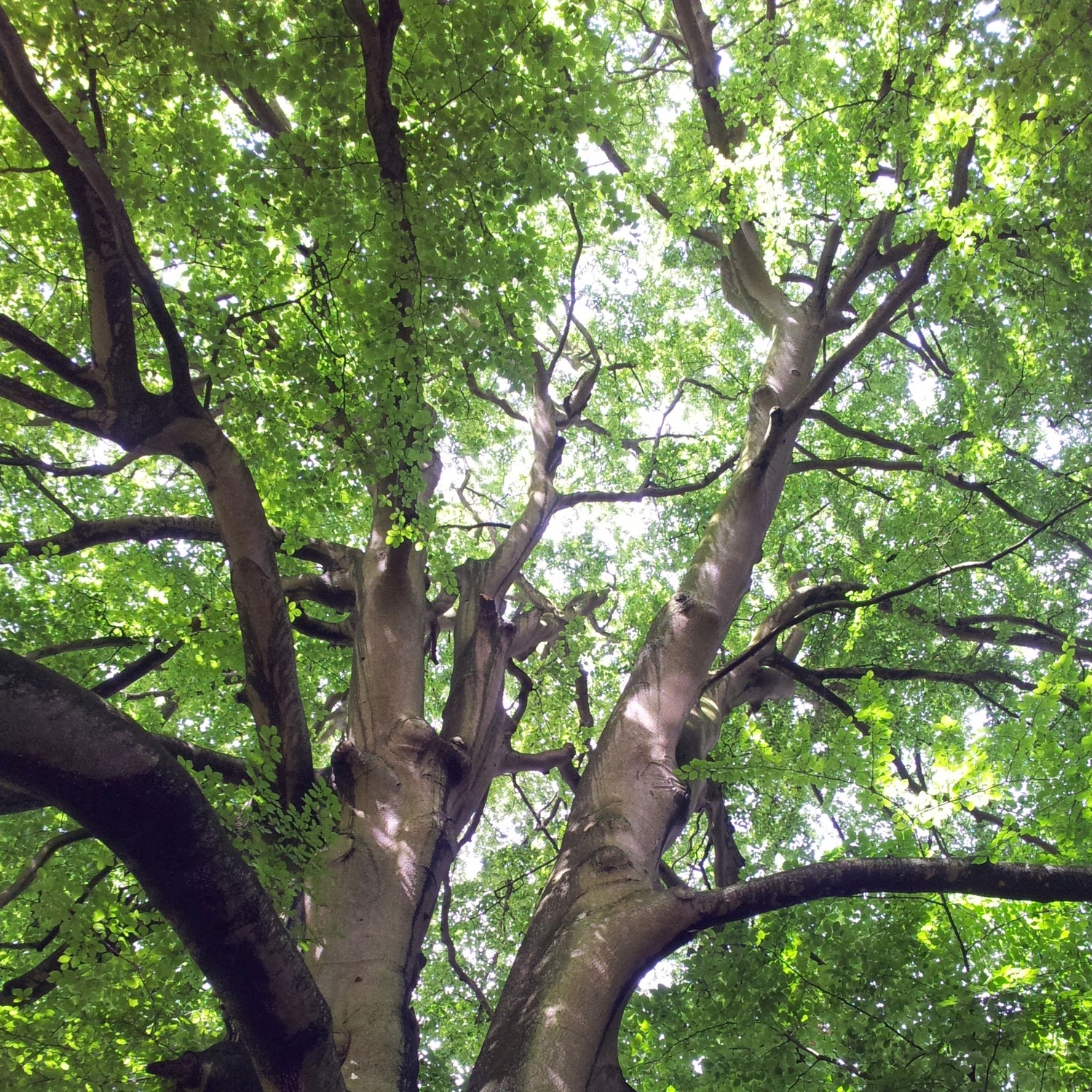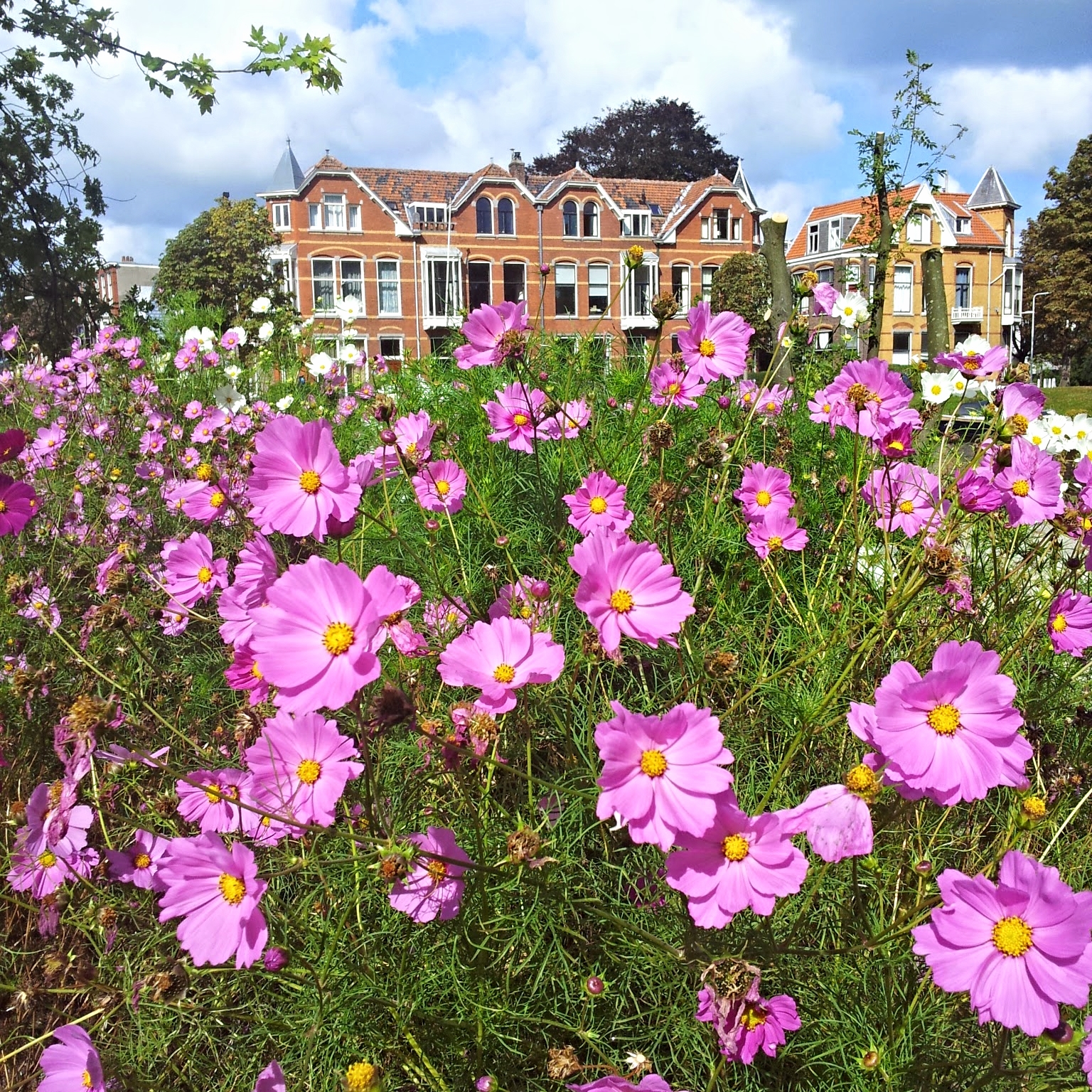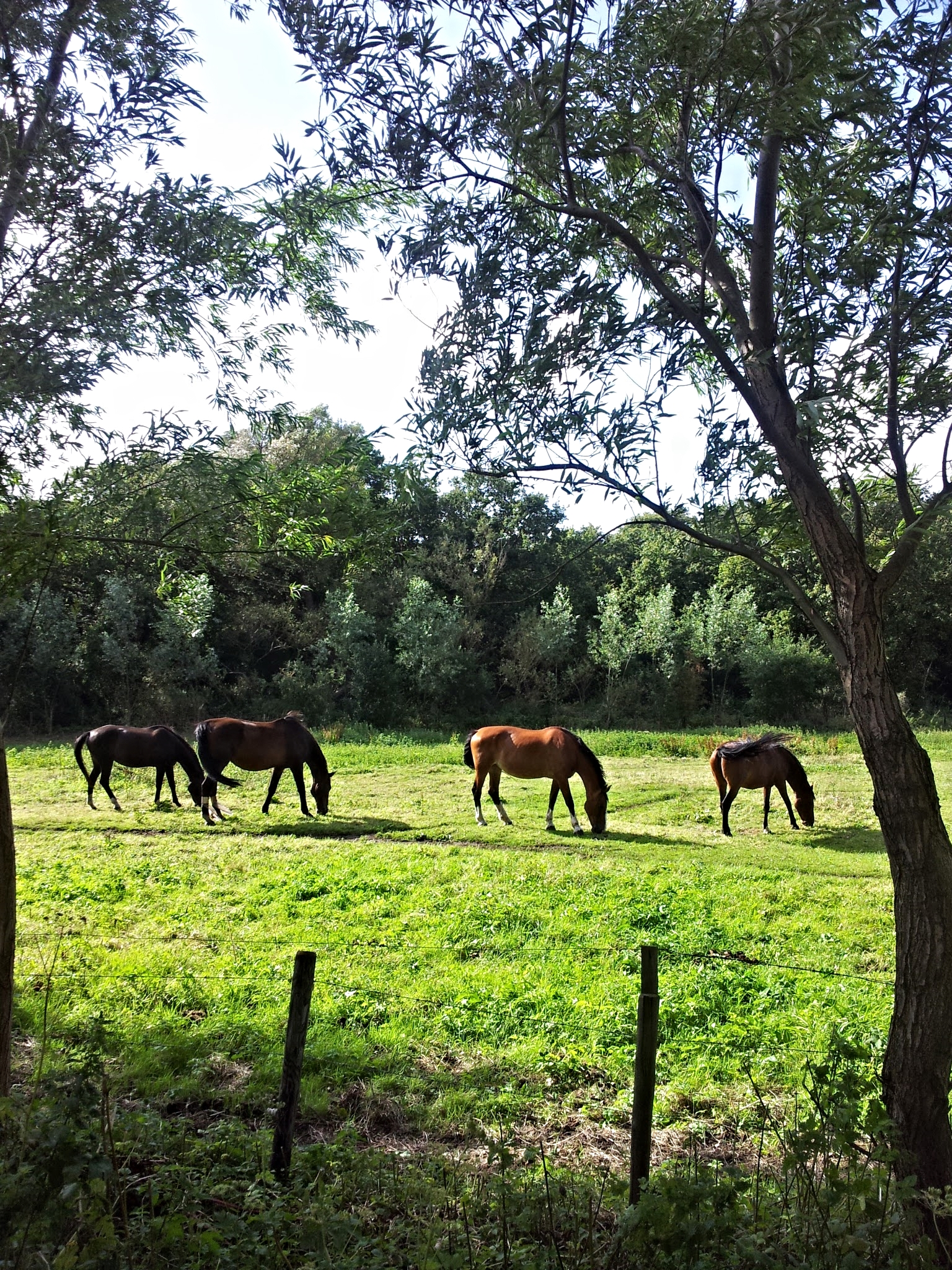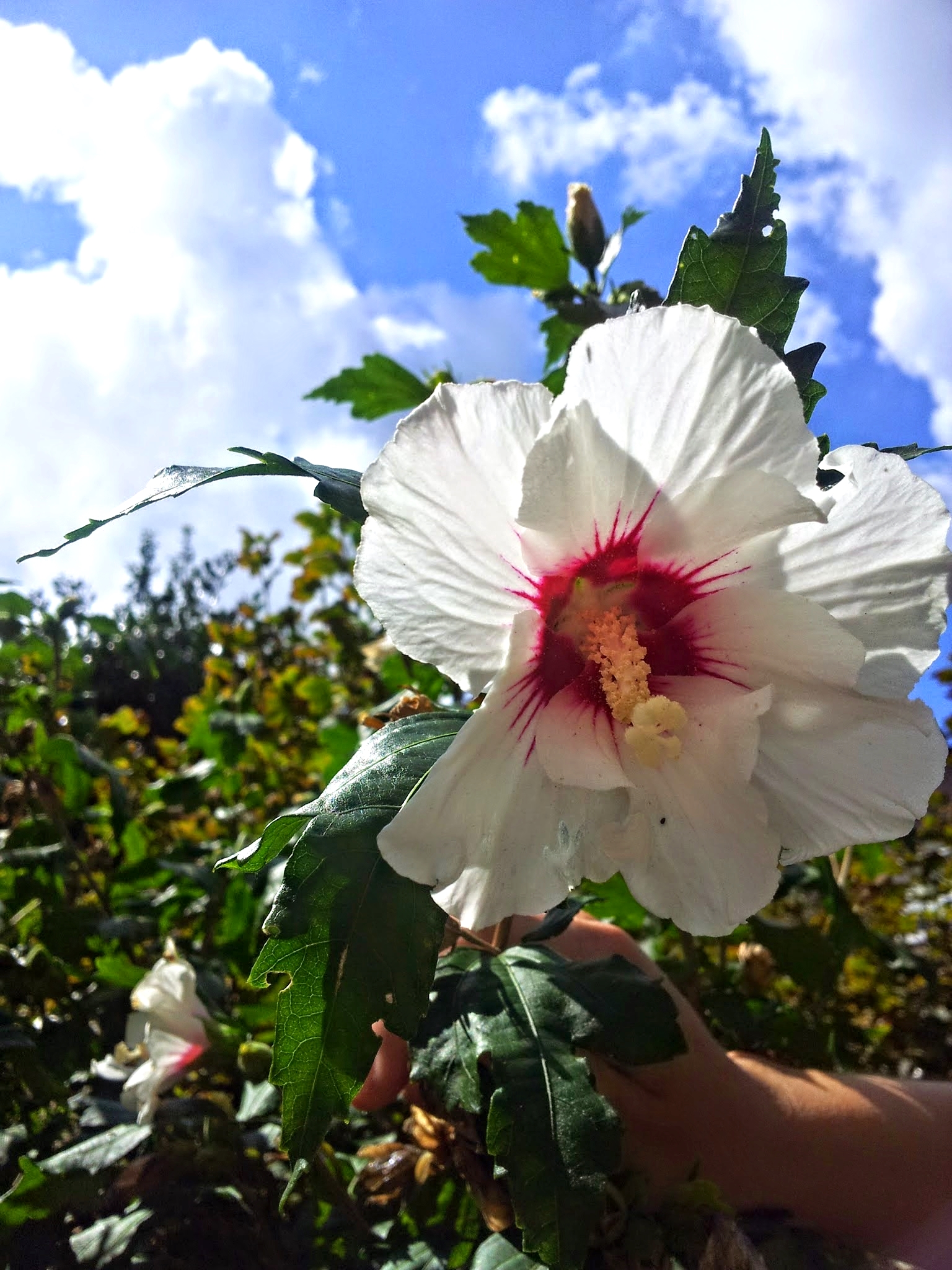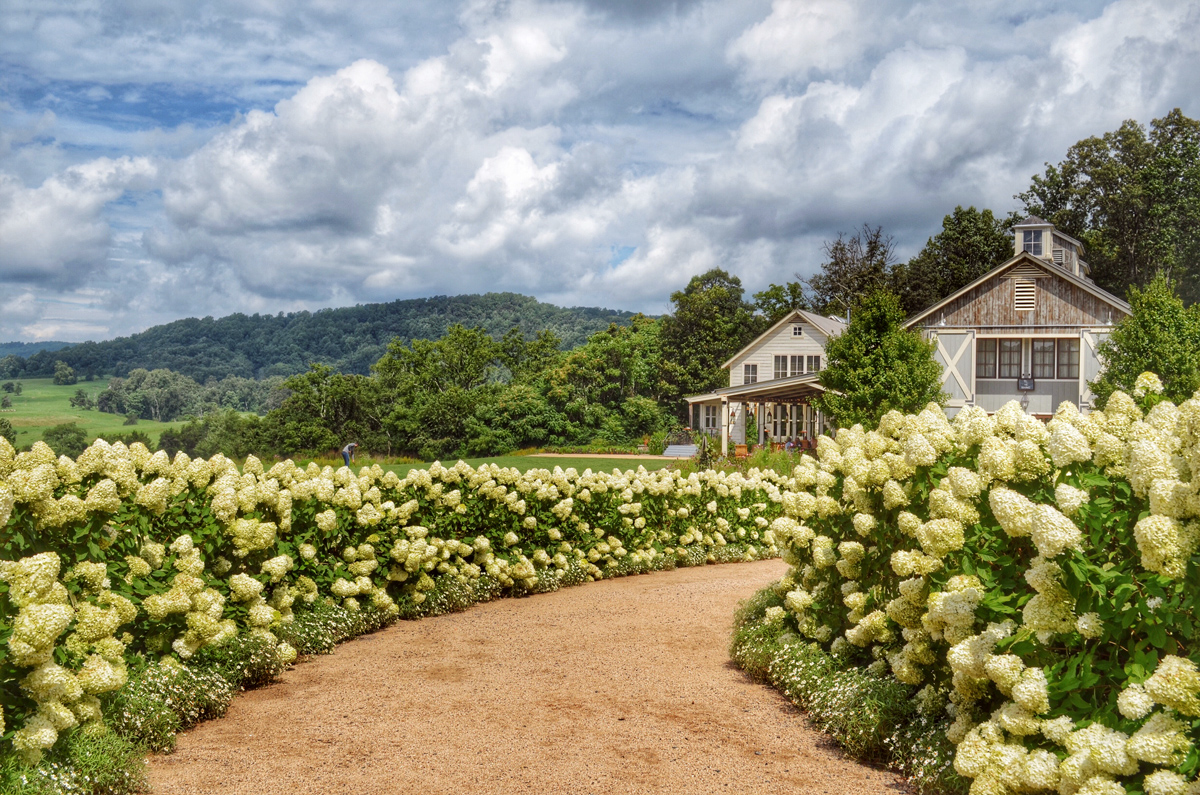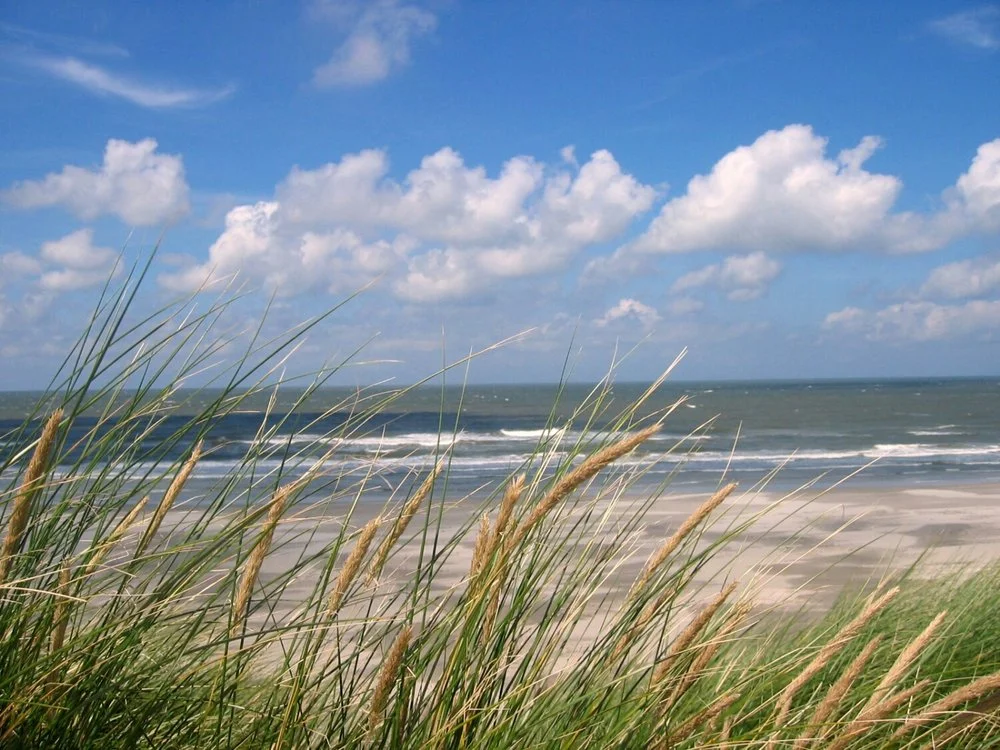Artis Zoo, Amsterdam.
What if there existed something that would make us healthier, happier, brighter, calmer at peace with the world and our place in it, and simply a better person to be around? Would we seek it out and immerse ourselves in this magical substance? What would our life be like if we could continually preside in this elevated sense of existence?
It just so happens, that this 'substance' does exist and it is very much available to us. Can you guess what it is? If you say travel, good guess! But what specific part of traveling makes us feel so good and teaches us so much about ourselves and the world? Well, spending time outdoors no matter the weather especially in nature is a big part of it. And there is a very concrete explanation why being outside and spending time in NATURE makes us healthier, calmer, more creative, and better towards others and the world.
“Look deep into nature and you will understand everything better.”
1. Nature Boosts Our Health
The Japanese have been practicing the art of Shinrinyoku, or "forest bathing" for centuries, but only in the 1980s has it become a subject of studies that actually quantified what and how being in nature makes us healthier. Trees produce and give off allelochemical substances called phytoncides. These substances are trees' natural protectant from harmful insects, fungi and bacteria. When people are near trees and essentially bathing in phytoncides, the human immune system is also enhanced. The way phytoncides work for trees is by preventing the growth of an attacking organism and in humans phytoncides work by increasing human natural killer (NK) cell activity which studies have linked with disease prevention and fighting ability. It sounds like the invisible shroud of vitality and longevity...
2. Nature Helps Us Relax
Another health benefit is that being in nature has a relaxing and rejuvenating effect. Nature literally helps our brain and body trigger what sience buffs call "Relaxation Response". The magic, or rather, the science behind this lies in understanding how our brain controls the way our body's biology reacts to our environment.
"Humans are said to have two types of attention: voluntary and involuntary. Voluntary attention is the type of attention used when a task requires deliberate and sustained attention. ~ By contrast, involuntary attention does not require an effort. Certain elements in our environments such as “strange things, moving things, wild animals, bright things, pretty things, etc.” can draw in this type of attention."
"Building on the work of James, Kaplan and Kaplan describe attention fatigue as a process that occurs during the performance of cognitive tasks which require prolonged use of directed attention and active suppression of irrelevant information. When the capacity to maintain directed attention becomes overloaded, performance declines, and people are subjected to increased levels of mental fatigue, leaving them less capable of dealing with uncertainty and having a reduced ability to plan." - Mardie Townsend and Rona Weerasuriya, "Beyond Blue to Green: The benefits of contact with nature for mental health and well-being"
3. Nature Promotes Creativity
Were you ever stuck trying to solve something and you just could not figure out how to do it. Well if you happened to walk away from your desk and go for a walk in the park, you might have noticed that an answer seemed to come to you 'out of nowhere'. In fact you've done something really important; you've given your brain a safe place to decompress, run processes that help to compartmentalize our experiences and learnings and give us space to create new connections between concepts and information... voila' creativity! Down time, doesn't only help our brain to 'untangle' but physically our relaxed state enables our body to circulate blood flow to more different regions of the brain. Thus it helps us tap and use more of our brain power. It literally makes us smarter and more capable of creatively thinking about our everyday tasks, our work and our lives.
4. Nature Makes Us Better People
The study of biophilia and the theory of "Nature Connectedness" suggest that when we are close to the natural world we are better aware of us being a part of it not the center of it. To observe falling leaves in Autumn and to watch green buds appear in Spring teaches us about our own temporary existence. To marvel at the amazing mountain vistas, to experience the colors of a sunset and to hear the roar of a waterfall, allow us to experience being in awe. This feeling, studies show, is what makes us reflect on the interconnectedness of all living things and feel the solidarity with our fellow humans. Perhaps the smaller we feel the easier it is to realize how important it is to help each other and collectively take care of our planet.
“Our investigation indicates that awe, although often fleeting and hard to describe, serves a vital social function. By diminishing the emphasis on the individual self, awe may encourage people to forgo strict self-interest to improve the welfare of others. ”
Further Reading and References:
- Report: The Economics of Biophilia Terrapin Bright Green.
- A forest bathing trip increases human natural killer cell activity and expression of anti-cancer proteins in female subjects. Li et al. (2008).
- Effect of phytoncide from trees on human natural killer cell function. Li et al. (2009).
- Trends in research related to Shinrin-yoku (taking in the forest atmosphere or forest bathing) in Japan. Tsunetsugu et al. (2010).
- Beyond Blue to Green: The benefits of contact with nature for mental health and well-being. Townsend et al. (2010).
- Three steps to understanding restorative environments as health resources. In C. Ward-Thompson & P. Travlou (Eds.), Open space: People space (p. 165) New York: Taylor and Francis. Hartig, T. (2007).
- Awe, The Small Self, and Prosocial Behavior. Piff et al. (2015).
• • •
Get more ideas to connect with nature @LiveLikeYoureTraveling



